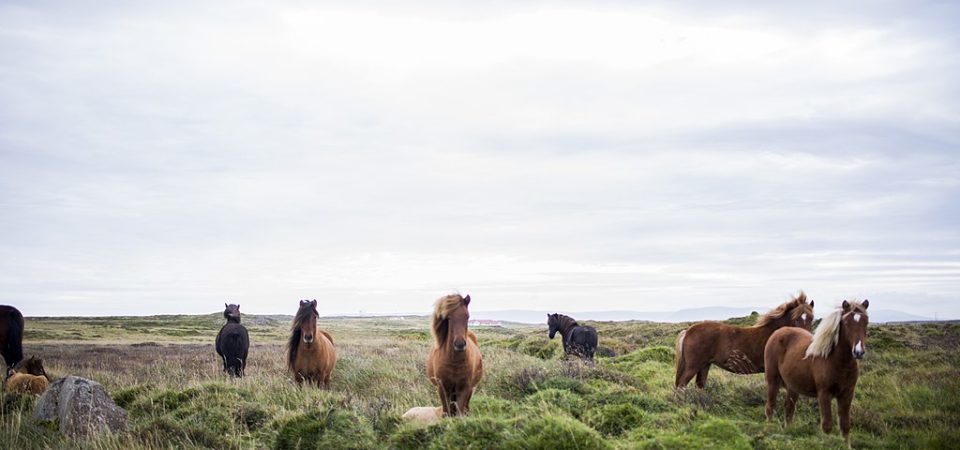Item Link: Access the Resource
File: Download
Date of Publication: February
Year of Publication: 2023
Publication City: Cambridge, MA
Publisher: Tellus Institute
Author(s): J. Baird Callicott
Eileen Crist’s eloquent opening essay is the best that I have ever had the pleasure to read on “animal ethics,” if that is not too cramped a genre in which to locate it. That may have something to do with her academic background in sociology and science generally, rather than in academic philosophy.
Since the mid-1970s, animal ethics has been theorized mostly by applied philosophers, straight-jacketed, unfortunately, by the hoary and threadbare ethical paradigms that they apply, off the shelf. The two trendsetters are Peter Singer, who straightforwardly applies utilitarianism to the animal question in ethics, and the late Tom Regan, who applies a modified version of Kantian deontology.1 Although these two reigning paradigms are regarded as diametrically opposed and irreconcilable—the former based on consequences (the greatest happiness for the greatest number), the latter on principles (do the right thing, let the chips fall where they may)—they share two unacknowledged and largely unnoticed assumptions.
The first is an essence/accident schema going back to Aristotle. Thus, the central question becomes what essential property entitles a being to moral consideration, Singer asks, or moral rights asks Regan. Their answers, respectively, are sentience and a robust subjectivity. All other properties—sex, race, religion, etc., AND species membership—are accidents. The second is that the wellspring of morality is reason: indeed, reason reduced to non-contradiction, the most basic law of logic. From the utilitarian point of view, one would be inconsistent to treat equal interests unequally. Thus, if all sentient beings have an interest in freedom from suffering, then we must give equal consideration to all such interests regardless of species, whether we find koala bears lovable or cane toads loathsome. Sympathy, compassion, affection—these have nothing to do with it. From a deontological point of view, if one wills such a maxim as Do No Harm to be a universally binding moral principle, but makes an exception for oneself or for one’s species—harming deer, let’s say, for the sake of sport and meat—then one is caught in a contradiction of the will.
Read the full article here and/or download the full paper from the link above.
The views and opinions expressed through the MAHB Website are those of the contributing authors and do not necessarily reflect an official position of the MAHB. The MAHB aims to share a range of perspectives and welcomes the discussions that they prompt.
